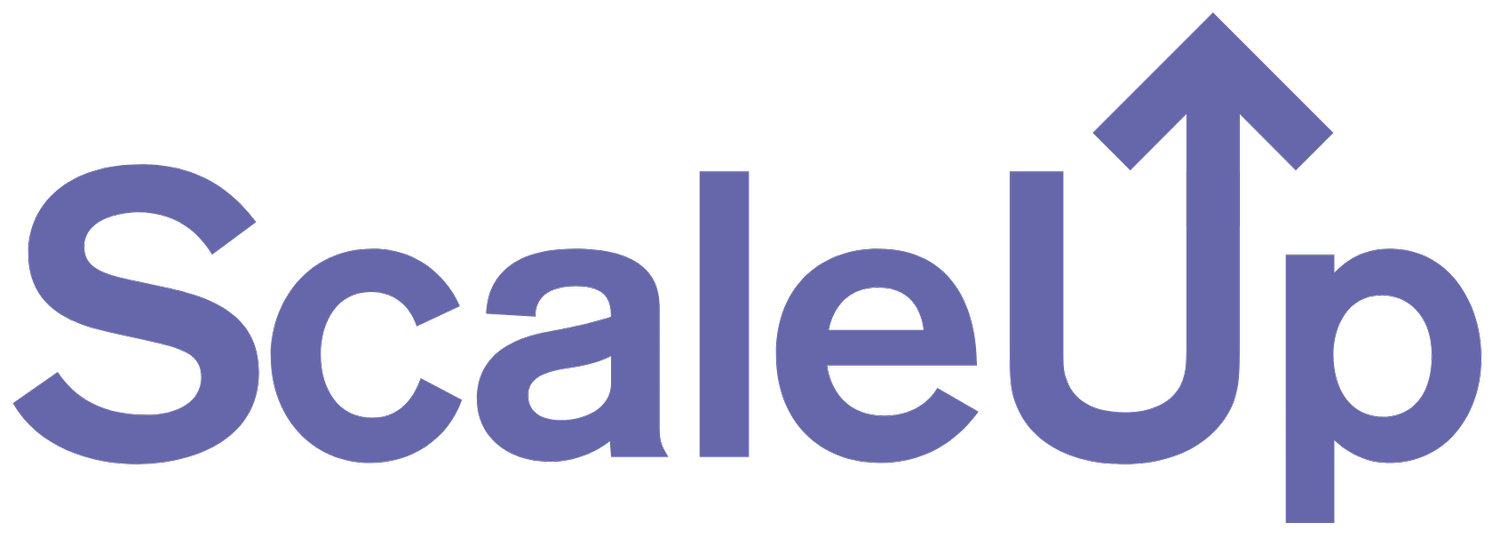
Compare Project Management Platforms
for Your Business | ScaleUp Picks
Choosing the right project management software is essential for scaling teams, improving collaboration, and keeping projects on track. The right tool can help you streamline workflows, increase productivity, and align cross-functional teams - all critical for remote organizations.
Below, we present the Project Management Software Comparison for Businesses (2025) - a curated overview of leading platforms such as Asana, Jira, ClickUp, Trello, Monday.com, and Notion. Each is evaluated across strengths, best use cases, and pricing for 2025, so you can select the best fit for your business model and growth stage.
Our comparison is informed by real experience and operational insights, underscoring why choosing the right project management tool is foundational to scaling efficiently. For details on our approach, see our evaluation methodology.
How We Evaluate Project Management Platforms
We evaluate project management software platforms based on three key criteria: real customer reviews and sentiment, and each tool’s standout features that deliver tangible value to growing businesses. These features include capabilities such as collaboration tools, workflow automation, reporting & analytics, integrations with other SaaS platforms, and ease of onboarding for distributed teams.
Our methodology emphasizes providers that offer robust functionality with transparent pricing, strong customer support, and the flexibility to scale as business needs evolve. Evaluations are informed by feedback from trusted sources including Google Reviews, Trustpilot and hands-on experience.
Why Project Management Infrastructure Is Critical to Scaling
Project Management systems directly impact productivity, collaboration, delivery speed, and team alignment. The right platform helps growing businesses avoid missed deadlines, siloed communication, and inefficient workflows.
Choosing the right software, for example, Jira for complex engineering teams or ClickUp for fast-moving startups - ensures long-term scalability, smoother cross-team collaboration, and fewer operational bottlenecks.
